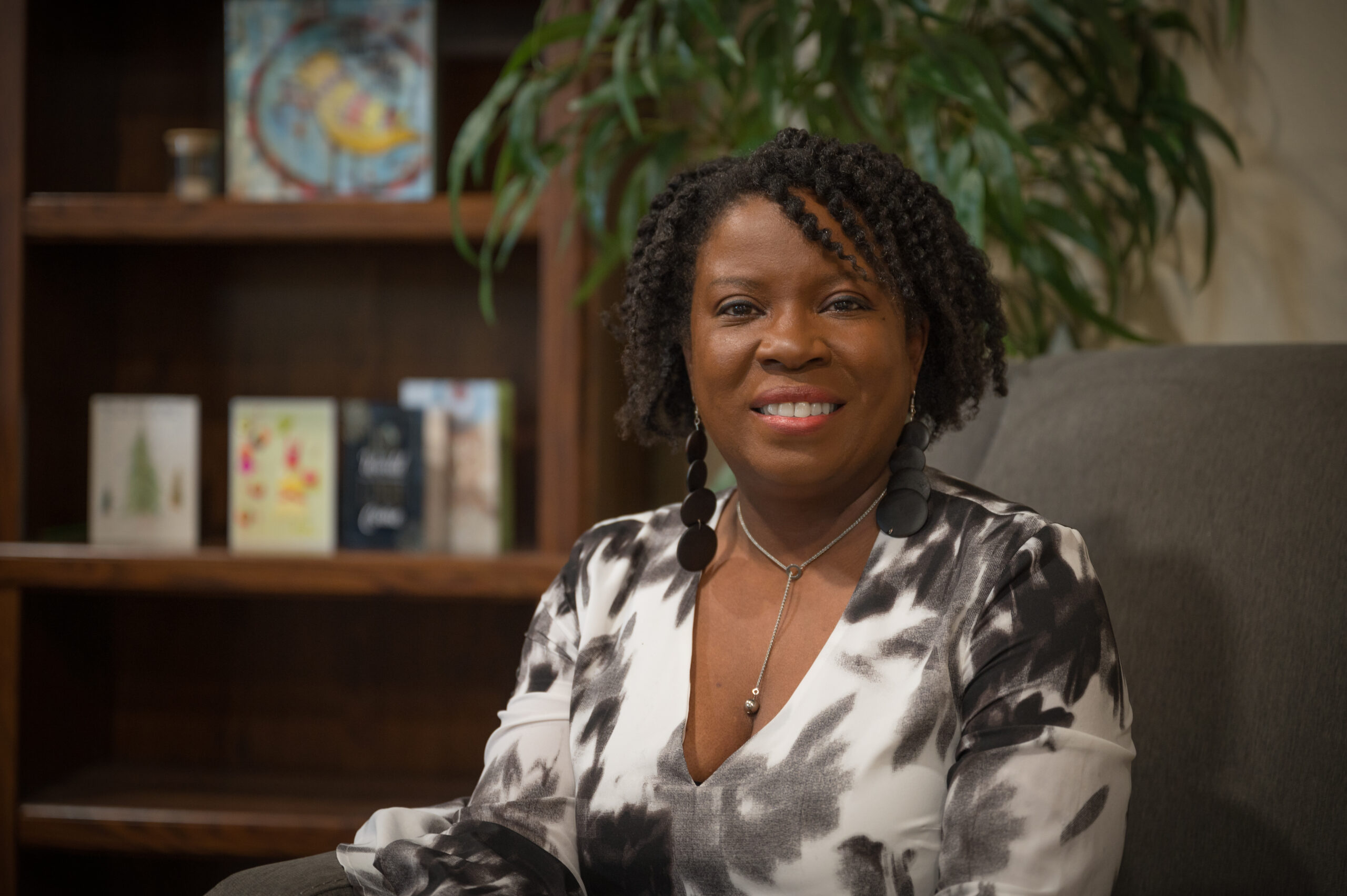
Infantryman Robert Waddle’s mental health was declining early this year while he was stationed in Fairbanks.
“The situations I had been encountering inside of my unit had greatly impacted my mental health,” said Waddle. “I would definitely say I was in a crisis state.”
Waddle was not the only service member struggling. People serving in the military here face all the typical stressors of Alaska life – like short winter days and geographic isolation. And they often don’t have a strong support system nearby because they’ve been stationed here from elsewhere in the United States.
The rate of suicide in the military in the state peaked in 2021; that year 17 Army soldiers took their own lives. It was a wake-up call. And the Army’s 11th Airborne Division at Fort Wainwright decided to create a program called “Mission 100” in response.
“We realized that connectedness is critical to the health and well being of our soldiers,” said Col. Masaki Nakazono, the command chaplain for the division.
It’s now a year and a half into the Mission 100 program. And Nakazono and others say it seems to be paying off – although there’s still work to be done.
Nakazono said all soldiers must now see a professional for a wellness visit once in their first six months and then once a year after that. And team leaders also call a soldier’s family members to introduce themselves.
“A lot of times it is a family member who understands when their soldier is in trouble and is struggling,” said Nakazono, “and they really don’t understand the military system or even how to contact a unit or a leader.”
The program has brought more chaplains and counselors to Alaska. Nakazono said this has led to shorter wait times for counseling, and a 95% reduction in soldiers experiencing an immediate crisis. Suicide rates are also down – but the numbers are so small it’s hard to draw conclusions just yet. Halfway through the year, there has been one suspected suicide. The total was six last year, down from the high of 17, yet similar to years before the spike.
Nakazono said that one key piece is that chaplains are available after hours and on the weekend around army barracks – when talks won’t interfere with work. He thinks these casual conversations help catch problems earlier.
“I believe that these meaningful conversations really allow soldiers to process through issues before they kind of bubble up and get to a point where they’re there alone, disconnected and have no one to really talk to,” said Nakazono.
Nakazono said the division is also working on other mental wellness efforts like helping soldiers buy plane tickets to visit family and providing blackout curtains to promote better sleep quality.
Monique Andrews is a therapist in Anchorage and she’s in the Alaska Army National Guard.
She sees many soldiers in her practice but she’s not associated with Mission 100. She described the program as a brilliant approach to reduce the stigma sometimes tied to seeking mental health care.
“If every single person has to connect and talk, then there isn’t this us versus them,” said Andrews. “You know, a general is going to talk to a mental health provider. A private is going to talk to a mental health provider.”
Andrews is not speaking as a representative of the military – which she said is wrestling with its long history of stigmatizing mental health care.
“Back in the day, if you went to mental health, your career was over,” said Andrews. “That’s no longer the case. But there is some truth and validity with every stigma.”
Andrews said military culture leans on several positive roles like “heroism, being a provider, being strong, never quitting, taking care of the family, good relationships.”
Those roles can be positive, but if a soldier struggles to meet those expectations for any reason, it can cause shame and guilt.
Andrews said she also sees a lot of patients in the military struggling with isolation and loneliness. Last month the surgeon general labeled loneliness in America an epidemic. Its toll on health and mental health is twice as harmful as obesity.
Waddle, the infantryman stationed in Fairbanks, said he struggled with feeling alone. He saw Chaplain Drew Paul who came up to the division as a part of “Mission 100.” And he said their discussions helped him learn to reframe his relationships.
“I had constantly been feeling really ostracized or alone,” said Waddle. “And after having someone that I could connect with. It’s hard to describe. It had been nice to feel connection with a person for the first time in a long time.”
He began seeing the chaplain regularly, sometimes as often as once a day. He said it was easier to open up because the chaplain is also in the military and has been deployed. And this June, Chaplain Paul was the officiant in Waddle’s wedding.
But Waddle said getting help wasn’t perfectly smooth. He got pushback from peers and was reprimanded by a supervisor for being late when a session ran over – even though he had a written excuse.
“When that happened, it honestly made it really hard for me to want to continue going because I felt like I was going to get reprimanded or in trouble for trying to seek help,” said Waddle.
But he did continue to see the chaplain. And it continued to help. He considers his mental health a work in progress, but no longer a crisis.
And now he tells his peers about the value of his visits with the chaplain. He thinks that’s helping nudge military culture around mental health in the right direction.

Leave A Comment
You must be logged in to post a comment.